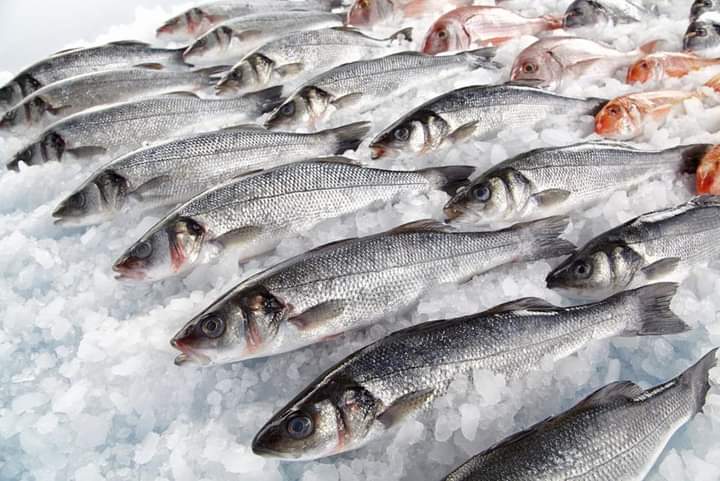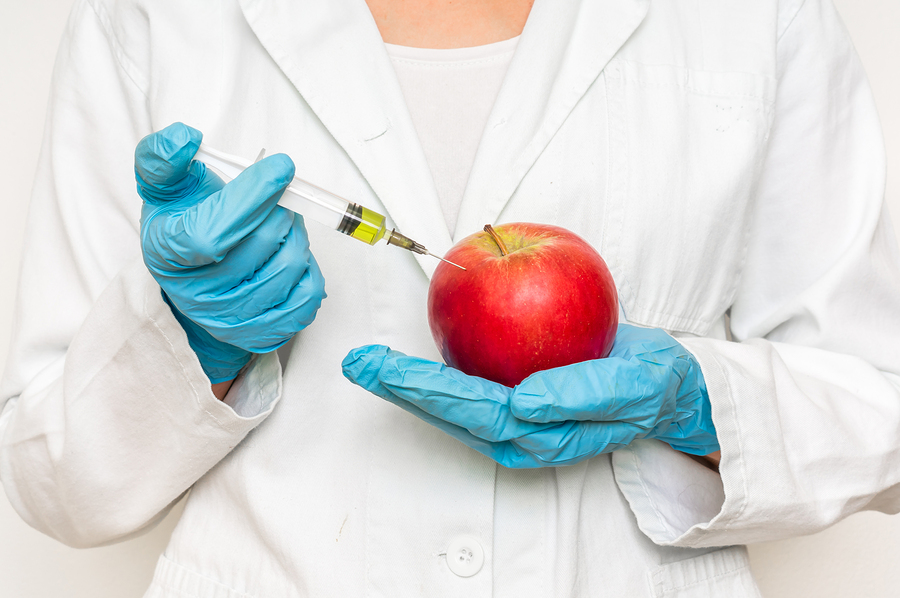The Health Benefits of Eating Fish

Did you know that white-fleshed fish is lower in fat than any other source of animal protein, and oily fish are high in omega-3 fatty acids and low in the "bad" fats commonly found in red meat, called omega-6 fatty acids?
A 16-year study, which dove into the data of almost half a million men and women, concludes that a diet rich in fish predicts a longer life. Fish is a high-protein, low-fat food that provides a range of health benefits. Since the human body can’t make significant amounts of these essential nutrients, fish are an important part of the diet.
A growing body of evidence indicates that omega-3 fatty acids provide a number of health benefits. They help maintain cardiovascular health by playing a role in the regulation of blood clotting and vessel constriction; they are important for prenatal and postnatal neurological development; they may reduce tissue inflammation and alleviate the symptoms of rheumatoid arthritis; they may play a beneficial role in cardiac arrhythmia (irregular heartbeat), and reducing depression and halting mental decline in older people.
The omega-3s found in fish (EPA and DHA) appear to provide the greatest health benefits. Fish that are high in omega-3's, low in environmental contaminants and eco-friendly include: wild salmon (fresh, frozen and canned), Arctic char, Atlantic mackerel, sardines, sablefish, anchovies, farmed rainbow trout and albacore tuna.
Besides eating fish, another way to consume omega-3 fatty acids is by taking store-bought supplements. Fish oils come from both fish caught as food for humans and from small fish caught for animal feed, such as Peruvian anchovies.
A word of caution though, contaminants such as PCBs accumulate in fish oil just as they do in fish, so make sure to buy capsules that are made from purified fish oil
Alternative sources of omega-3s come from terrestrial sources like flaxseed, walnuts and wheat germ. While still beneficial, these do not appear to provide as a great a health benefit as the omega-3s found in fish, shellfish and marine algae.
Fish is generally a healthy food source and can be safely eaten in most cases. But depending on your age and health circumstances, some people should limit the amounts of fish they eat. Consider the following:
For young children and women of childbearing age, excessive consumption of mercury-contaminated fish can severely impact a child's development. Older women and men may find it an acceptable tradeoff to exceed recommended seafood meal limits to increase their omega-3 intake.
People at high risk of cardiovascular disease must weigh the cancer risk of eating fish high in PCBs with the benefits of eating fish high in omega-3s, in which case the benefits of omega-3s may outweigh the cancer risk (1 in 100,000 - the level recommended by the EPA).
However, these chemicals are known to cause serious health problems besides cancer, so the tradeoffs are not simple.
The good news is that there are several low-contaminant, high-omega-3 seafood options available as shown in the list above, so there’s no need to risk eating contaminated fish.
But avoid fried fish. Frying the fish creates trans-fatty acids and also increases the energy density of the end product, both of which could potentially undo any good work that omega-3s carry out.
Sources: Sea Food
#penglobalhealth



